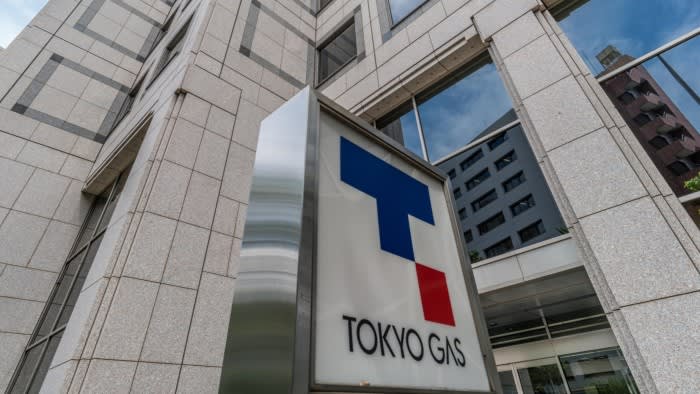Unlock the Editor’s Digest for free
Roula Khalaf, Editor of the FT, selects her favourite stories in this weekly newsletter.
Chevron is in talks to sell its east Texas natural gas assets to Tokyo Gas, said three people familiar with the discussions, as the Japanese utility looks to expand its access to abundant US reserves of the fuel.
The companies have been in negotiations for months about a potential deal for Chevron’s portfolio in the Haynesville shale, a prolific gas-producing basin straddling Texas and Louisiana.
The assets include 72,000 acres of mostly undeveloped land. It was not immediately clear how much gas the land is believed to hold. The transaction could be valued at up to $1bn, the people said.
If completed, the deal would bolster Tokyo Gas’s foothold in the US shale patch, the world’s largest source of gas, as it looks to secure supplies for Japan, which is heavily reliant on fossil fuel imports to meet its energy needs.
For Chevron, the second-biggest western supermajor, it would be another step in its multibillion-dollar divestment programme, as it looks to close a contentious $53bn deal for Hess, the biggest acquisition in its history.
Chevron and Tokyo Gas did not respond to requests for comment.
A person involved in the process said it was not clear if the deal would be completed, and that a rival bid could emerge.
Tokyo Gas established a foothold in the Haynesville basin last December through a $2.7bn deal for Rockcliff Energy. It produces about 1.3bn cubic feet a day of gas there, near a cluster of liquefied natural gas terminals — both existing and planned — on the Gulf of Mexico.
In February, the Japanese group agreed to buy a 49 per cent stake in Arm Energy, a North American trading and marketing group, and has made no secret of its appetite for further expansion into the US gas business.
Dan Pickering, chief investment officer at Pickering Energy Partners, said the transaction “would absolutely make sense”.
“It is a bolt-on acquisition for Tokyo Gas, which is already the number four producer in the basin and a logical divestment of a non-core asset by Chevron,” he said.
Chevron is looking to offload $10bn to $15bn of non-core assets by 2028 as part of a strategy to “optimise its global energy portfolio” by focusing on areas of higher-yielding production, including the Permian Basin and Kazakhstan.
It said in a March filing with the Securities and Exchange Commission it was “evaluating strategic opportunities” for its Haynesville acreage.
On Monday it agreed a $6.5bn deal to sell stakes in a number of oil sands and shale assets to Canadian Natural Resources.


